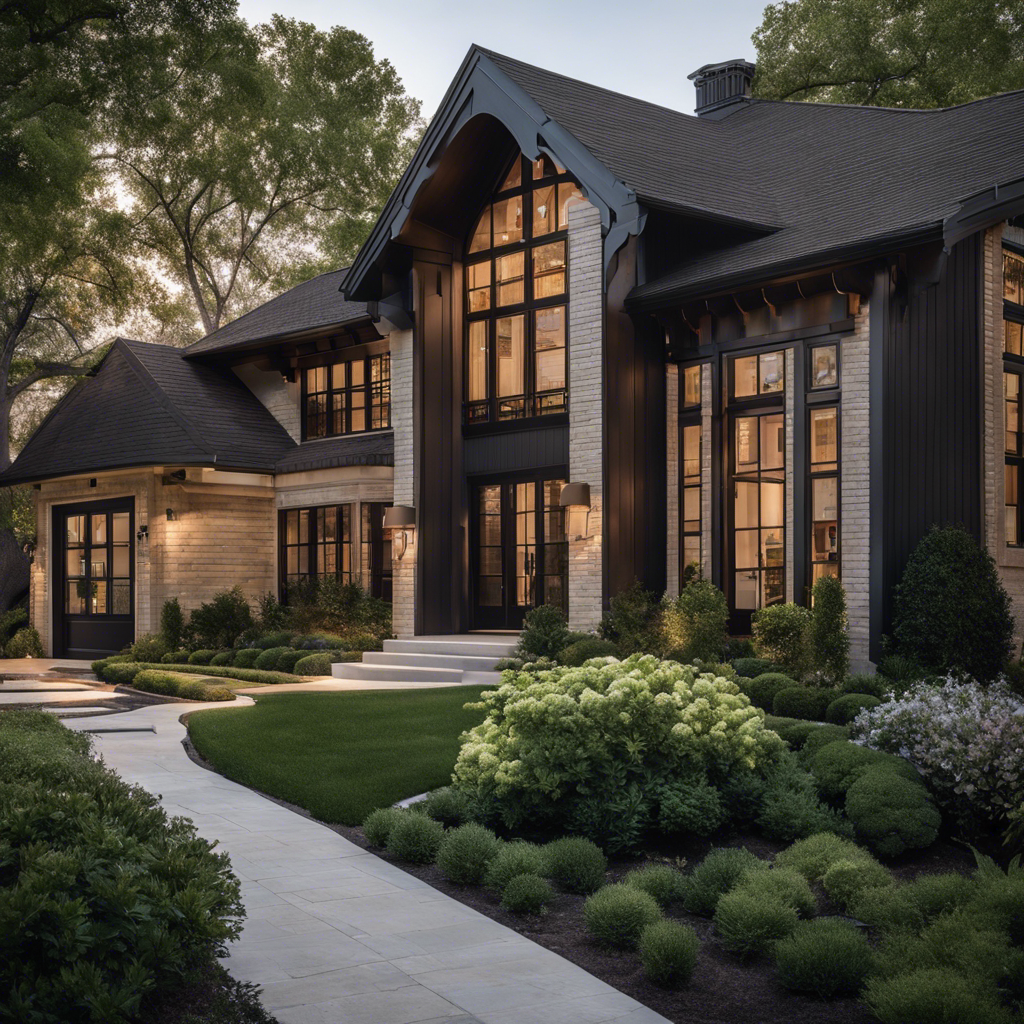Imagine your home as a vintage automobile, a classic beauty that has stood the test of time. But just like an old car, your older home in Tulsa may require some upgrades to keep it running smoothly.
One area that often gets overlooked is the HVAC system. While it may seem like a daunting task, upgrading your HVAC system is essential for maintaining a comfortable and efficient living environment.
So, why is it so important? Well, let’s explore the benefits that await you when you take the leap and bring your HVAC system into the modern era.
Key Takeaways
- HVAC system upgrades in older homes in Tulsa can significantly increase energy efficiency, resulting in lower energy bills and positive environmental impact.
- Upgrading the HVAC system can improve comfort and indoor air quality, creating a healthier living environment for residents.
- Regular maintenance and inspections can extend the lifespan of the HVAC system, preventing breakdowns and improving energy efficiency.
- Upgrading the HVAC system in an older home can boost its value and attract potential buyers, as it demonstrates a well-maintained home with modern technology and increased comfort.
Increased Energy Efficiency
To increase the energy efficiency of your HVAC system in your older home in Tulsa, there are several upgrades you can consider.
These upgrades not only help lower maintenance costs but also have a positive environmental impact.
One option is to install a programmable thermostat, which allows you to set different temperatures for different times of the day, optimizing energy usage.
Additionally, sealing and insulating your ductwork can prevent air leaks and improve the overall efficiency of your system.
Another upgrade to consider is replacing your old, inefficient unit with a newer, more energy-efficient model. These newer models often come with advanced features such as variable-speed motors and smart controls, further reducing energy consumption.
Enhanced Comfort and Indoor Air Quality
Consider upgrading your HVAC system in your older home in Tulsa to enhance both comfort and indoor air quality. An upgraded system can provide improved health benefits and enhanced productivity for you and your family.
When your HVAC system is outdated, it may struggle to maintain a consistent and comfortable indoor temperature, leading to discomfort and decreased productivity. Additionally, older systems can accumulate dust, allergens, and other pollutants, negatively affecting indoor air quality and potentially causing health issues.
By upgrading your HVAC system, you can ensure better air filtration and circulation, reducing the presence of pollutants and allergens in your home. This improvement in indoor air quality can lead to improved respiratory health, fewer allergies, and a healthier living environment.
Additionally, a more comfortable and healthier indoor environment can enhance productivity and overall well-being, creating a sense of belonging and enjoyment in your home.
Cost Savings on Energy Bills
Upgrading your outdated HVAC system in your older home in Tulsa not only enhances comfort and indoor air quality but also provides significant cost savings on energy bills. By implementing energy saving tips and energy conservation measures, you can optimize the efficiency of your HVAC system, resulting in reduced energy consumption and lower utility expenses.
One effective way to achieve cost savings is by installing a programmable thermostat. This allows you to set specific temperature schedules based on your daily routine, ensuring that your HVAC system isn’t running unnecessarily when you’re away from home.
Additionally, regularly cleaning or replacing air filters can improve airflow and prevent the system from working harder than necessary, further reducing energy usage.
Another energy conservation measure is sealing air leaks in your home. By properly insulating doors, windows, and ductwork, you can prevent air leakage, which can account for significant energy loss.
Additionally, ensuring that your home is properly insulated can help maintain a consistent temperature and reduce the workload on your HVAC system.
Extended Lifespan of HVAC System
One way to maximize the lifespan of your HVAC system is by performing regular maintenance and inspections. By taking proactive measures, you can ensure improved functionality and reduced maintenance requirements for your system.
Regular maintenance includes tasks such as cleaning or replacing air filters, checking and tightening electrical connections, lubricating moving parts, and inspecting refrigerant levels. These activities help prevent breakdowns, improve energy efficiency, and extend the overall lifespan of your HVAC system.
Regular inspections by a professional technician are also crucial. They can identify potential issues early on and address them before they become major problems. Additionally, routine maintenance and inspections can help maintain the warranty on your HVAC system, providing you with added protection and peace of mind.
Boost in Home Value
Maximizing the value of your home can be achieved through strategic upgrades to your HVAC system. By investing in a modern and efficient HVAC system, you can significantly boost your property prices and increase the resale value of your older home in Tulsa.
Potential buyers are increasingly looking for homes with upgraded heating and cooling systems, as they provide comfort, energy efficiency, and cost savings. A higher resale value becomes attainable with an upgraded HVAC system, as it demonstrates that your home has been well-maintained and is equipped with the latest technology.
Additionally, a modern HVAC system can enhance indoor air quality, creating a healthier and more enjoyable living environment for you and your family.
Don’t miss out on the opportunity to increase your home’s value and attract potential buyers by upgrading your HVAC system.
Frequently Asked Questions
Can HVAC System Upgrades Be Performed on Older Homes Without Major Renovations or Structural Changes?
You can definitely perform HVAC system upgrades on older homes without major renovations or structural changes. It’s like giving your home a breath of fresh air, with cost-effective solutions that improve comfort and efficiency.
What Are Some Common Signs That Indicate an Older HVAC System May Need Upgrading?
If you’re experiencing poor airflow, frequent breakdowns, inconsistent temperatures, and high energy bills, these could be common signs that your aging HVAC system needs an upgrade.
Are There Any Government Incentives or Tax Credits Available for Homeowners Who Choose to Upgrade Their HVAC Systems?
You’ll be delighted to know that there are government incentives and tax credits available for homeowners who choose to upgrade their HVAC systems. These financial assistance options promote energy efficiency, leading to cost savings in the long run.
How Long Does the Installation Process Typically Take for HVAC System Upgrades in Older Homes?
The installation process for HVAC system upgrades in older homes typically takes several days, depending on the complexity of the project. Cost estimates can vary, so it’s best to consult with a professional for an accurate assessment.
Are There Any Specific Maintenance Requirements or Additional Costs Associated With Upgraded HVAC Systems in Older Homes?
When it comes to upgraded HVAC systems in older homes, there are some specific maintenance requirements and additional costs to consider. Regular maintenance is crucial to keep the system running efficiently and avoid expensive repairs.


